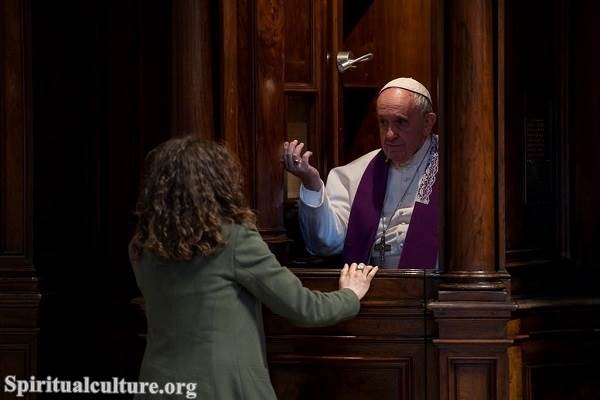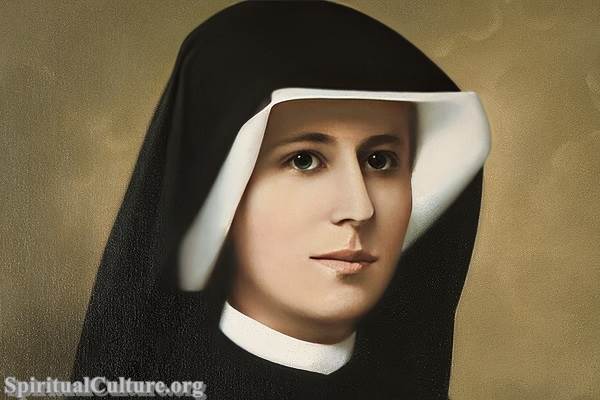A symbol of peace, justice, and faith, his life and martyrdom have had a lasting impact on the world, especially in Latin America. He was a man of the cloth who confronted oppression and violence with the teachings of Christ and the doctrine of the Catholic Church.
Saint Oscar Romero and Catholicism
St. Oscar Romero was a devoted servant of Catholicism. Born on August 15, 1917, in Ciudad Barrios, El Salvador, he was ordained a priest in 1942. After serving in various capacities within the church, Romero was appointed Archbishop of San Salvador in 1977. His time as Archbishop was marked by a deepening of his faith and commitment to social justice, as El Salvador was in the throes of a brutal civil war.
Romero’s Catholic faith was evident in his sermons, where he openly criticized the government’s actions against the poor and marginalized. He used the teachings of the Catholic Church to promote peace, social justice, and human rights, often risking his life in the process. His homilies, broadcasted on radio, became a source of hope and strength for many Salvadorans.
Romero’s teachings were deeply rooted in Catholic social doctrine, which emphasizes the inherent dignity of every person, the importance of the common good, and a preferential option for the poor and vulnerable. He firmly believed in the Church’s mission to stand with the oppressed and to promote justice and peace.
Saint Oscar Romero: The Martyr
On March 24, 1980, while celebrating Mass in the chapel of the Hospital of Divine Providence in San Salvador, St. Oscar Romero was assassinated. His death came a day after he had called on Salvadoran soldiers, as Christians, to obey God’s higher order and stop the repression and violation of human rights.
Romero’s murder shocked the world and sparked international condemnation. His death illuminated the plight of the Salvadoran people and the brutal reality of the civil war. It also marked him as a martyr for the Catholic faith, a man who had given his life in the service of God and his people.
Canonization of Saint Oscar Romero
The process to canonize Romero as a saint in the Catholic Church began in 1997, under the papacy of John Paul II. However, it was not until Pope Francis’ papacy that Romero’s cause for sainthood progressed significantly. Pope Francis, known for his emphasis on social justice and concern for the poor, saw in Romero a kindred spirit and a model of a “poor church for the poor.”
In 2015, Pope Francis beatified Romero, declaring him a martyr who had died out of hatred for the faith. Three years later, on October 14, 2018, Oscar Romero was canonized as a saint in the Catholic Church.
Saint Oscar Romero: The Legacy
Today, St. Oscar Romero remains a powerful symbol of the Catholic Church’s commitment to social justice and human rights. His teachings continue to inspire Catholics and non-Catholics alike, serving as a reminder of the Church’s mission to serve the poor and marginalized.
St. Oscar Romero’s legacy is not only about his brave stand against oppression but also about his deep and unwavering faith in Catholicism. His life serves as a testament to the transformative power of faith and the Church’s role in advocating for social justice and peace.
In conclusion, Saint Oscar Romero, a devoted Catholic and a champion for the oppressed, remains an inspiration for all who seek to live out the Gospel’s demands for justice, peace, and human dignity. His life and legacy continue to illuminate the path for those striving to live their faith authentically in a world often marked by injustice and violence. His canonization as a saint reaffirms the Catholic Church’s commitment to social justice and the defense of the poor and marginalized.




